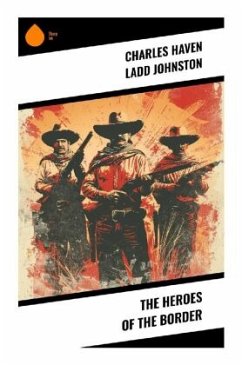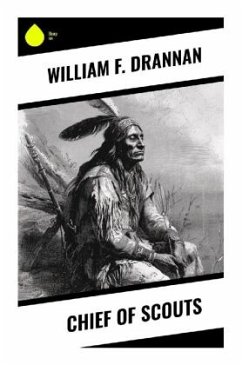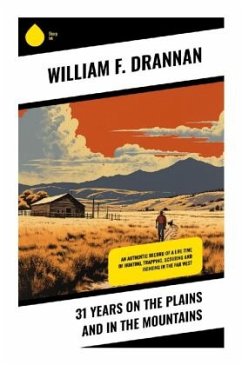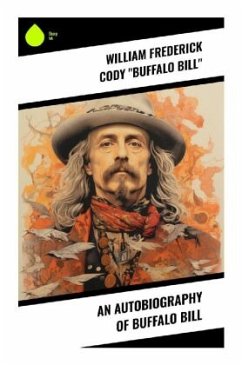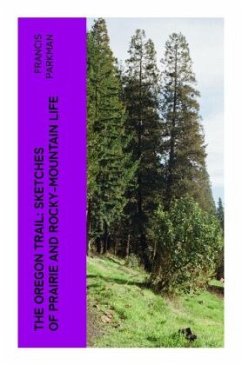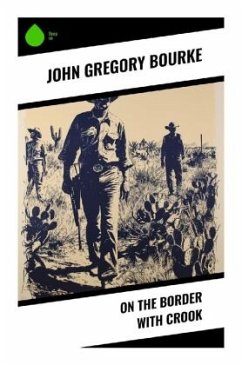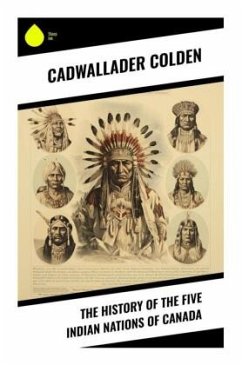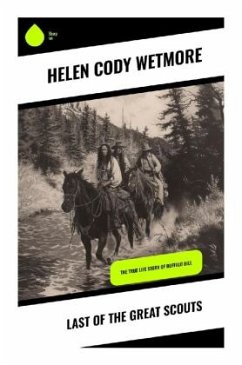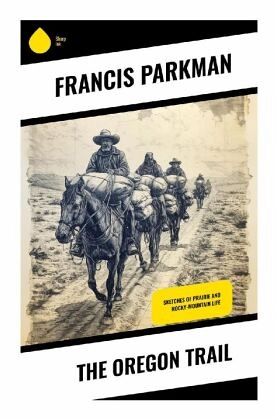
The Oregon Trail
Sketches of Prairie and Rocky-Mountain Life
Versandkostenfrei!
Versandfertig in 6-10 Tagen
12,70 €
inkl. MwSt.

PAYBACK Punkte
0 °P sammeln!
In "The Oregon Trail," Francis Parkman crafts a compelling travel narrative that chronicles his 1846 journey through the American wilderness. This work is not merely a travelogue; it is a vivid depiction of the landscapes, peoples, and challenges encountered along the iconic trail. Parkman's lyrical prose and keen observations situate the book within the broader context of American literature that explores frontier life, revealing both the beauty and brutality of the untamed West. By intertwining personal experiences with historical accounts, Parkman captures the essence of a nation in the thr...
In "The Oregon Trail," Francis Parkman crafts a compelling travel narrative that chronicles his 1846 journey through the American wilderness. This work is not merely a travelogue; it is a vivid depiction of the landscapes, peoples, and challenges encountered along the iconic trail. Parkman's lyrical prose and keen observations situate the book within the broader context of American literature that explores frontier life, revealing both the beauty and brutality of the untamed West. By intertwining personal experiences with historical accounts, Parkman captures the essence of a nation in the throes of expansion and discovery. Francis Parkman, a notable American historian and writer, was deeply influenced by his broader interests in history, nature, and Indigenous cultures. His background in studying the histories of Native Americans and early European settlers informed his nuanced perspectives and rich descriptions found in this work. A member of an influential Boston family, Parkman faced health challenges that limited his mobility but sparked a fervent desire for exploration, ultimately coaxing him onto the trail in search of adventure and understanding. I highly recommend "The Oregon Trail" to both history enthusiasts and contemporary readers who seek to understand the complexities of American identity and expansion. Parkman's eloquence and insight provide a timeless lens through which to appreciate the dynamic interplay of cultures and landscapes that shaped the narrative of the American frontier.



